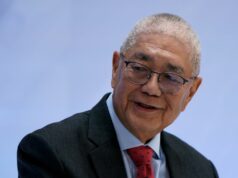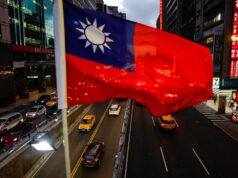Davao City to review investment code, hoping to offer new incentives
By Carmencita A. Carillo
Correspondent
DAVAO CITY — The city government is looking at expanding the incentives on offer to new areas of investment after the completion of a six-month review of the Davao City Investment Incentive Code (IIC).
The review of the IIC, which was last updated five years ago, was contracted to Isla Lipana & Co. Inc., the Philippine member firm of the Pricewaterhouse-Coopers (PwC) global network.
“We plan to start the review by identifying the areas that will need support and to offer incentives to these areas,” said Isla Lipana Chair and Senior Partner Alexander B. Cabrera, who signed the agreement with Mayor Sara Duterte-Carpio last May 16.
The review is intended to “determine whether sufficient investments in an area or activity have been attained; to determine whether continued extension of incentives or support measures for the specific investment area is no longer to the interest of the city (and) to identify types of projects that are suitable for possible incentive availment,” according to the agreement between the city and the company.
Mr. Cabrera said the study will also include recommendations on how to make the Davao City Investment and Promotion Center (DCIPC) “more relevant, simple and enticing.”
DCIPC Chief Lemuel G. Ortonio said, “The review will cover the updating of the preferred investment areas for Davao City. It will also include updating the investment incentives that will be offered to potential investors.”
The current preferred investment areas in the city are agribusiness, tourism and recreational facilities, property development, light manufacturing and assembly, information and communications technology, generation of new sources of energy, health and wellness, environmental protection, transportation and infrastructure, and public-private partnerships.
Investors in these preferred areas are granted a three-year business tax holiday and two-year real property tax holiday. Investments in the developing or remote districts of Calinan, Baguio, Marilog, and Paquibato get a five-year tax holiday.
Mr. Ortonio said one of the new sectors that could be given incentives is halal products and tourism services.
The overall tourism industry will also be evaluated for growth towards maximizing Davao City’s strength as a tri-people and multi-cultural area.
Mr. Cabrera, meanwhile, said Isla Lipana will also look into sectors involved in the development of the agriculture ecosystem, including agriculture technology and cold chain facilities.



